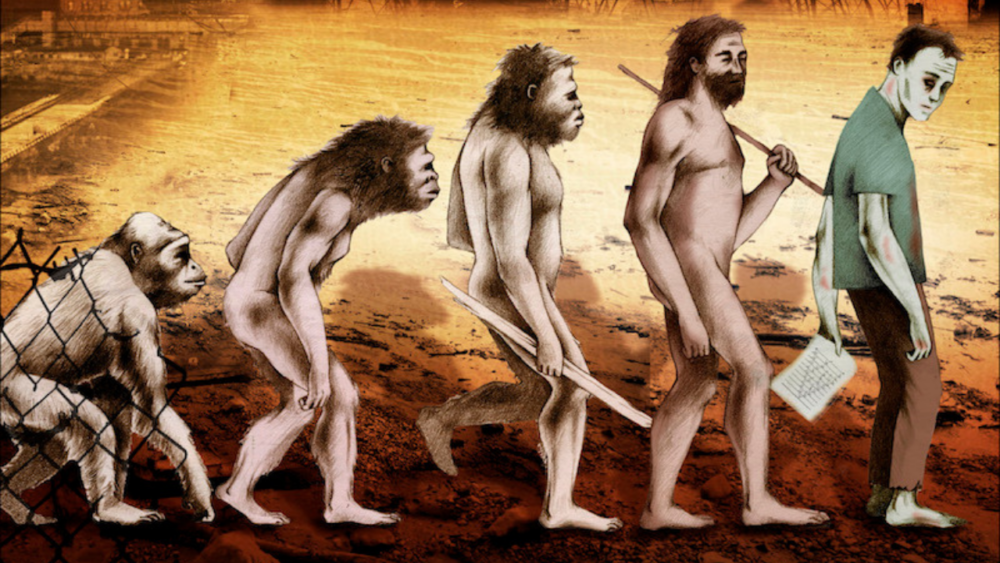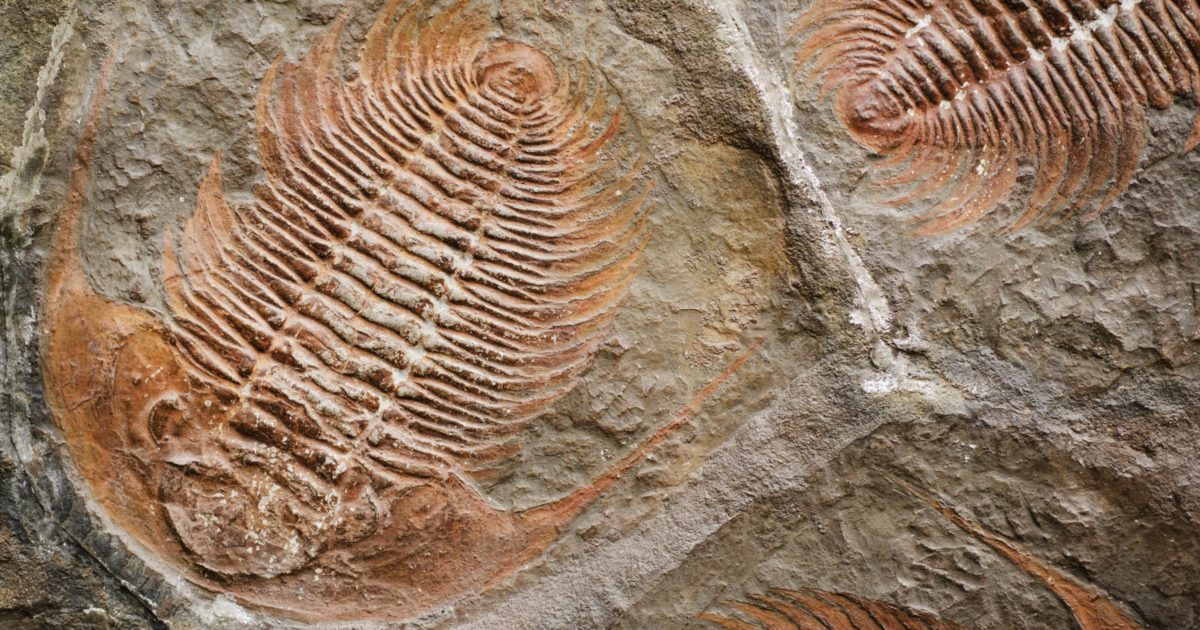
Jonathan Wells (1942-2024) received two PhDs, one in Molecular and Cell Biology from the University of California at Berkeley, and one in Religious Studies from Yale University. A Senior Fellow at Discovery Institute’s Center for Science and Culture, he previously worked as a postdoctoral research biologist at the University of California at Berkeley and the supervisor of a medical laboratory in Fairfield, California. He also taught biology at California State University in Hayward.
Dr. Wells published articles in Development, Proceedings of the National Academy of Sciences USA, BioSystems, The Scientist and The American Biology Teacher. He is the author of Charles Hodge’s Critique of Darwinism (Edwin Mellen Press, 1988), Icons of Evolution: Why much of what we teach about evolution is wrong (Regnery, 2000), The Politically Incorrect Guide to Darwinism and Intelligent Design (Regnery, 2006), and The Myth of Junk DNA. He was also co-author with William Dembski of The Design of Life (FTE, 2008). His last solo book, Zombie Science (DI Press, 2017), showed how evolutionary theory — “though empirically dead” — continues to stalk our scientific and educational institutions. Dr. Wells also did research and writing on developmental information in embryos that is outside of, and inherited independently of, their DNA.
Archives


At What Point In Its Development Can a Human Being Feel Pain?

Why Should a Baby Live?

Is the Human Shoulder Badly Designed?

Is the Human Eye Really Evidence Against Intelligent Design?

Jonathan Wells Puts Natural Selection In Its Place

From Bears to Whales: A Difficult Transition

Theory in Crisis? Some Cautionary Words

Theory in Crisis? Circling the Wagons

Theory in Crisis? Dissatisfaction and the Proliferation of New Articulations

Theory in Crisis? Redefining Science

Is Darwinism a Theory in Crisis?

Jonathan Wells Evaluates Darwinian Evolution in New Online Course

From Bears to Whales: A Difficult Transition

Is the Human Eye Really Evidence Against Intelligent Design?

Top Scientific Problems with Evolution: Fossils

Theory in Crisis? Some Cautionary Words

Theory in Crisis? Circling the Wagons

Theory in Crisis? Dissatisfaction and the Proliferation of New Articulations
